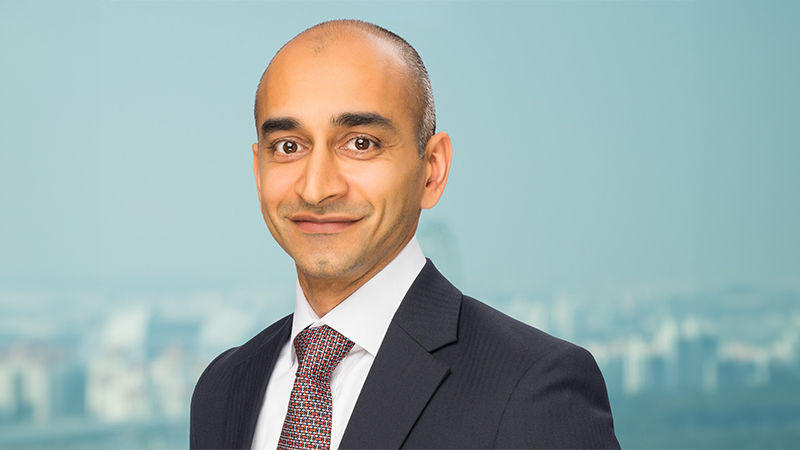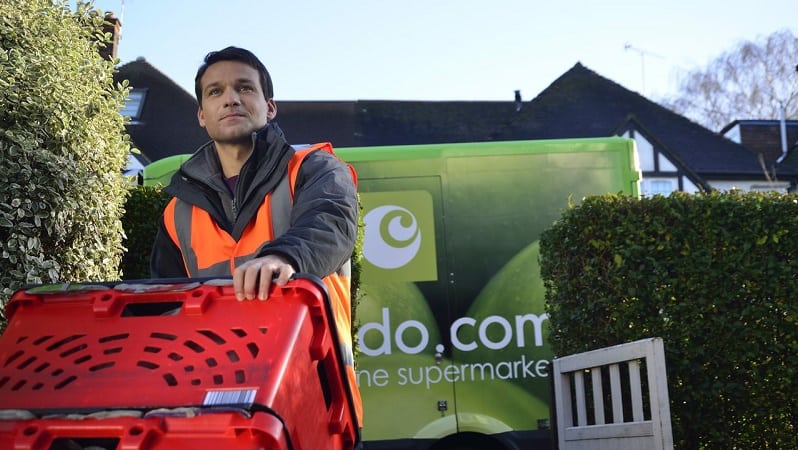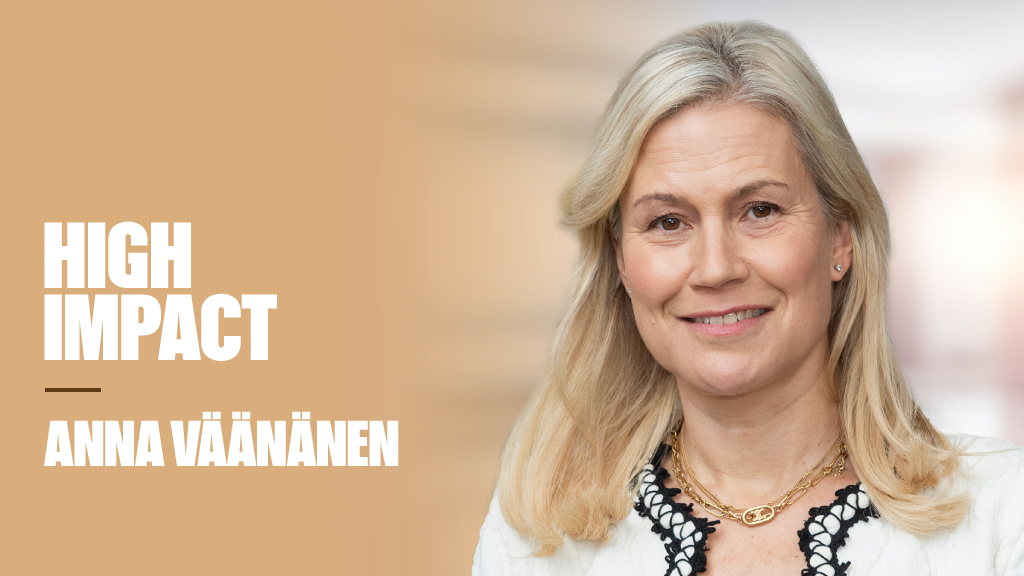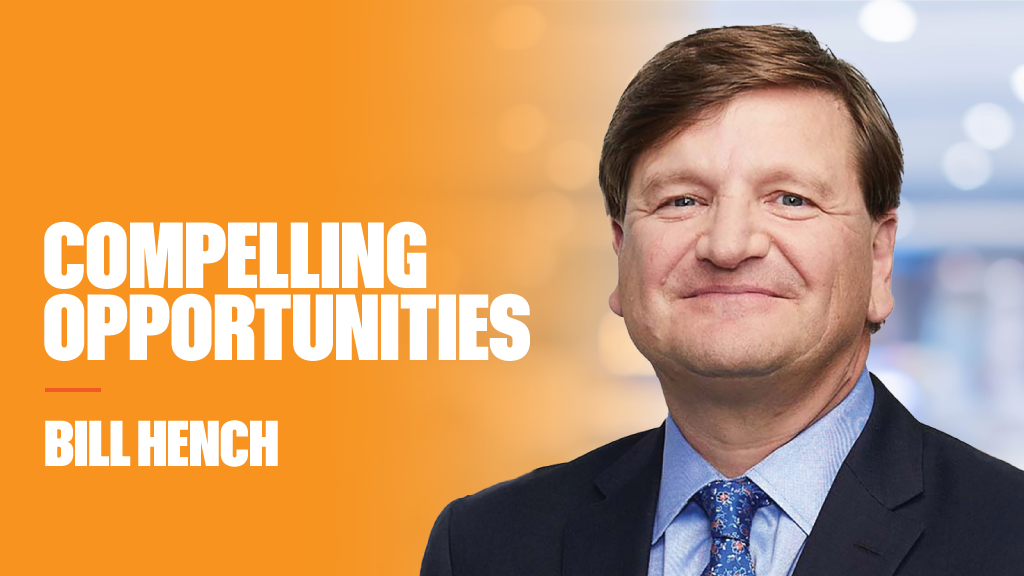The UK’s lack of interest in ethical investing is being blamed on confusion over sustainable investing terms and scepticism about its ability to deliver returns as new research shows the country lags most countries when it comes to applying values to their portfolios.
Only 20% of UK investors hold sustainable investments in their portfolio, half the global average, according to UBS research published this week.
The US was the only country that lagged the UK with an average 12% allocation, while 60% of Chinese investors and 53% of Brazilian investors have exposure, the highest of the 10 countries surveyed.
Source: UBS
Return expectations for sustainable investing
There is a clear correlation between return expectations and engagement, which could be behind the results, says Hortense Bioy (pictured), director of passive funds and sustainability research at Morningstar.
The UK and US were the most sceptical about sustainable strategies ability to deliver returns, according to the report.
“A lot of investors in the UK and US still believe that sustainable investing is only about excluding certain sectors and stocks like tobacco, alcohol, and oil & gas companies,” Bioy says.
Source: UBS
The correlation implies investors are adding to sustainable products for returns rather than social impact, says Greg Davies, head of behavioural finance at Oxford Risk.
“This means that most of the truly deep impact opportunities are getting passed by,” Davies says.
Source: UBS
Misleading headline stats
The UBS report misrepresents what’s going on the UK, according to Adrian Lowcock, head of personal investing at Willis Owen.
“I think that the headline stats mislead the picture as there is a strong trend in the UK that sustainable and ESG is growing and becoming more important,” Lowcock says.
“One other factor could be that many UK fund management groups incorporate ESG into their research processes and it increasingly forms a core part of the investment selection process so in the UK you don’t need to own a specific sustainable fund to be investing in the process it is becoming much more mainstream and an integral part of the investment process.”
UK investors confused by ESG
Others argued many UK investors are just confused by sustainable investments.
Richard Philbin, chief investment officer at Wellian Investment Solutions, says there are a lack of defined definitions within the ethical investing space.
Philbin says: “For example, if your business is great on the E and S part, but does not score well on the G aspect, is it still ethical?
“Arguably, it could be said that the UK are engaged, but they apply different metrics and emphasis on different parts of the ethical investment chain and therefore the perception is they are not well received.”
The UBS research reveals 72% of respondents with no sustainable investments say it’s hard to know the impact and 68% find sustainable investment terms confusing. However, 39% of non-adopters said they would like to invest sustainably.
Millennials and wealthy provide hope
The younger generation provides some hope for the sustainable investing sector.
Those under 35 years of age allocate four times as much to sustainable investments as over 65s, UBS found. That will increase quickly as the Millennial generation start to mature and invest, Philbin argues.
Additionally, the proportion of UK high net worth investors (HNWIs) holding sustainable investments has increased by a third from five years ago.
UBS predicts this will increase a further 15% by 2023 and half of Britain’s wealthy investors will eventually consider making most or all of their portfolio sustainable in the future.
“It is disappointing to see the UK lagging behind other markets in the pursuit of sustainable investments,” said Nick Tucker, head of UK domestic at UBS Global Wealth Management.
“However, the growing momentum among UK investors considering this investment route is undeniable. We are increasingly having conversations with clients, across generations, about how they can best build sustainable investing into their portfolios.”










